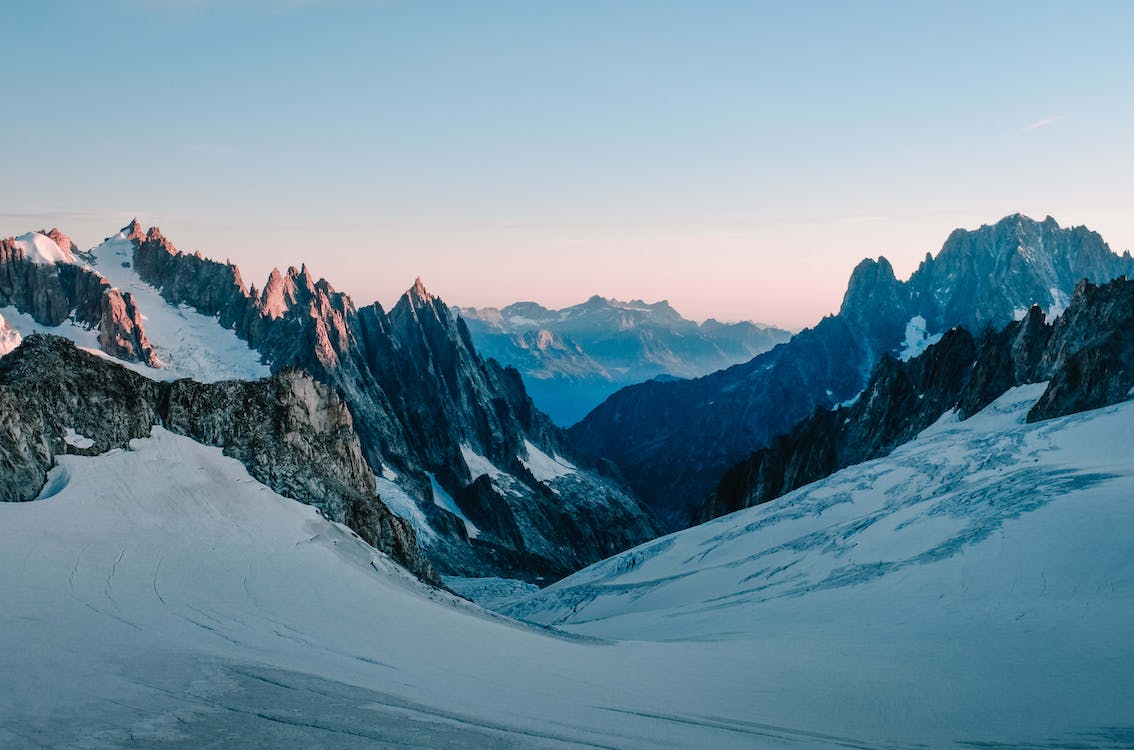
The ongoing recession of mountain glaciers worldwide is an alarming environmental trend that demands immediate attention. Across the globe, these glaciers are experiencing a dramatic reduction in size and volume, serving as visible indicators of the profound impacts of climate change.
Recent data compiled by UNESCO and IUCN reveal a startling reality: glaciers in UNESCO World Heritage sites are receding at an accelerated rate due to escalating temperatures caused by CO2 emissions. Since 2000, these glaciers have been losing an astounding 58 billion tons of ice annually. This equates to nearly 5% of observed global sea-level rise, marking a staggering loss of these critical freshwater sources.
The study highlights the dire prognosis for glaciers in various regions, with approximately 18,600 glaciers identified within 50 UNESCO World Heritage sites. Glaciers in a third of these sites face inevitable disappearance by 2050, irrespective of mitigation efforts. This alarming trend underscores the imminent threat posed to millions relying on these glaciers for sustenance, agriculture, and power generation.
Data from specific regions further accentuate the severity of the situation. For instance, African sites, including Kilimanjaro National Park and Mount Kenya, face the grim likelihood of losing their glaciers entirely by 2050. Similarly, regions like the Three Parallel Rivers of Yunnan Protected Areas in China, Pyrenees Mont Perdu in Europe, Los Alerces National Park in Argentina, and various others across Asia, Latin America, North America, and Oceania are witnessing substantial losses.
The accelerated retreat of mountain glaciers holds dire consequences beyond water scarcity. It imperils delicate ecosystems and biodiversity dependent on these freshwater sources, raising the risk of natural disasters like flooding and contributing to rising sea levels that could displace millions globally.





